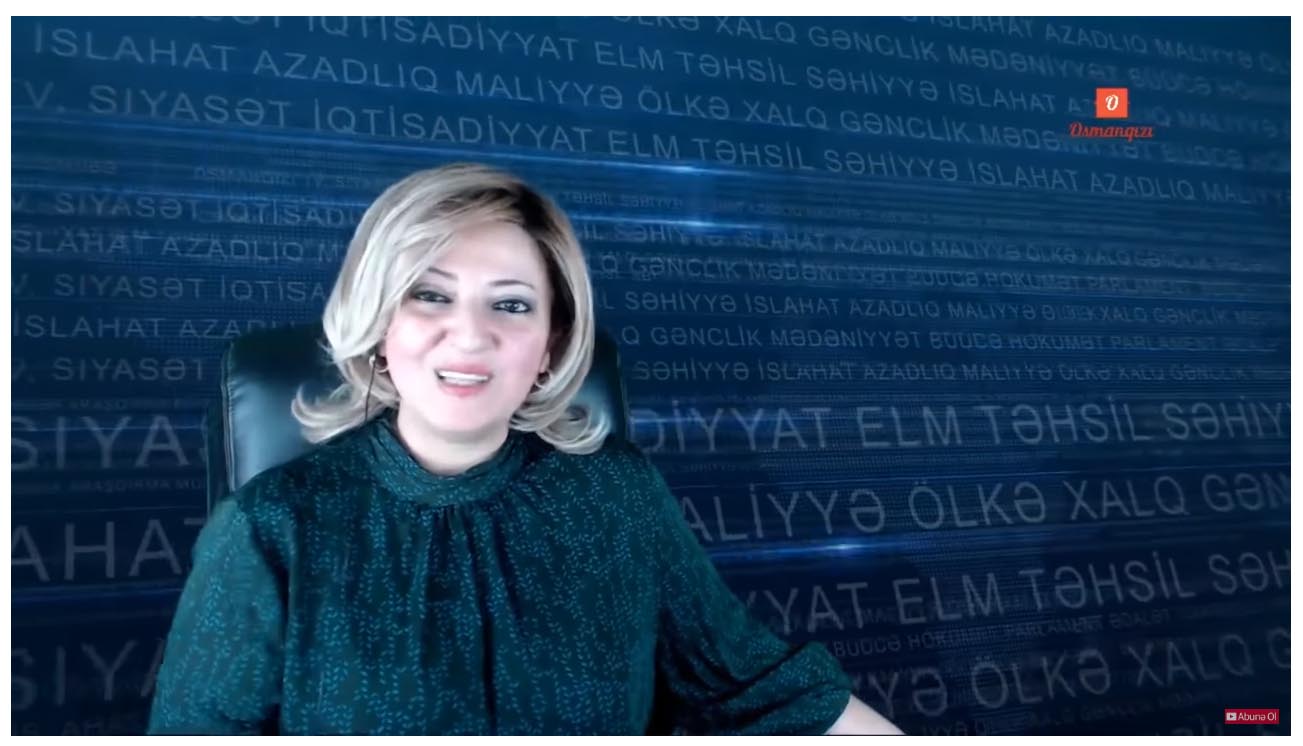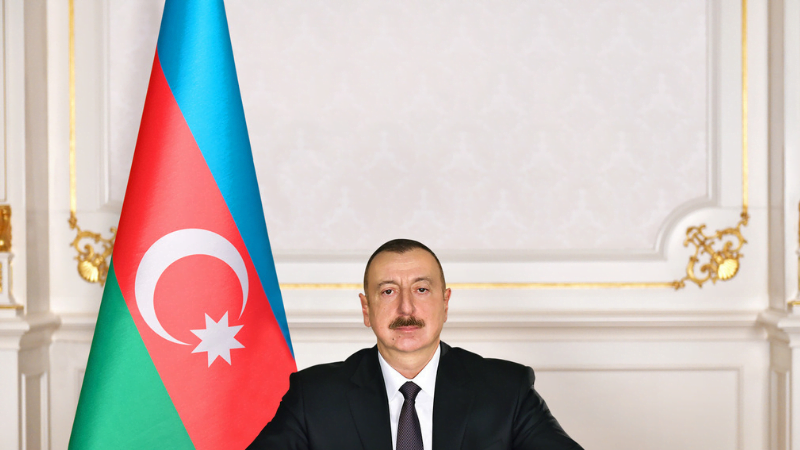Not content with “the total capture of media” inside the country, the government of Azerbaijan is extending its reach to silence journalists beyond its borders, according to Ismail Djalilov writing for Index on Censorship.
Djalilov reports on how the government of Ilham Aliyev has turned to targeting journalists living in other countries. He highlights the case of Azerbaijani journalist Sevinc Osmanqizi who now lives in the suburbs of Washington DC.
She became the target of a campaign of intimidation and harassment by a former colleague working for a TV channel in Azerbaijan, and she believes the authorities were involved.
During a show on Real TV, host Mershahin Aghayev broadcast recordings of private conversations between the journalist and another individual living in exile. Osmanqizi told Djalilov that when she refused to comply with demands to end her YouTube broadcast, they began airing material she had never shared on social media, including intimate emails, which led her to realise this was not a “one-man operation” and that the authorities were involved.

OsmanqiziTV on YouTube. Source: Index on Censorship
This is not the first time Azerbaijani journalists have accused the government of behind campaigns aimed at intimidating and harassing individuals into silence. Journalist Khadija Ismayilova was illegally filmed without her knowledge via a camera installed in her ceiling fan. She was warned to stop her investigative journalism into corruption involving the ruling Aliyev family and when she did not comply, stills and video footage of her in bed with her partner were leaked online.
Read: European Court of Human Rights slams Azerbaijan’s treatment of journalist
It has been known for some time that Azerbaijani authorities surveil journalists and opposition members in the country, but Osmanqizi’s case showed that they may go as far as to target those living outside the country as well, Sonia Zilberman from Crude Accountability told Djalilov.
But this is not the first instance of the Azerbaijan government flexing their metaphorical muscles outside the country. Billions of dollars have been poured into “reputation laundering” to improve the country’s image and reputation in the west.
The OCCRP investigative team described a “complex money laundering operation” that handled $2.9 billion over two years, in a scandal known as the Azerbaijani Laundromat. This money was funnelled into Europe and used to pay for PR firms and the bribing of European politicians.
At least three European politicians received money from this fund, as well as journalists and businessmen. UNESCO and the Council of Europe (CoE) were also targeted, with the CoE firing some 13 members because they accepted gifts and bribes from the Azerbaijan government.
During the vote on the report by Special Rapporteur Pieter Omtzigt on the investigation into the assassination of journalist Daphne Caruana Galizia and the rule of law in Malta in May, Azerbaijani members backed the Maltese governments attempts to get the report rejected by the Parliamentary Assembly of the Council of Europe. It passed regardless, with an overwhelming majority.
Read: ‘With friends like Azerbaijan’
The report contained a number of references to Azerbaijan and its ruling elite including the fact that Caruana Galizia had been investigating money laundering involving members of government and their families in both countries.
The Institute for Reporters Freedom and Safety, an Azerbaijani media freedom organisation, then linked her “contract killing” to the climate of repression journalists face in the country. It highlighted the close links between Azerbaijan’s ruling elite and the Maltese government, also raised by The Civic Solidarity Platform that said that Azerbaijani oligarchs considered Malta “one of its provinces.”
You can read the full story here.












